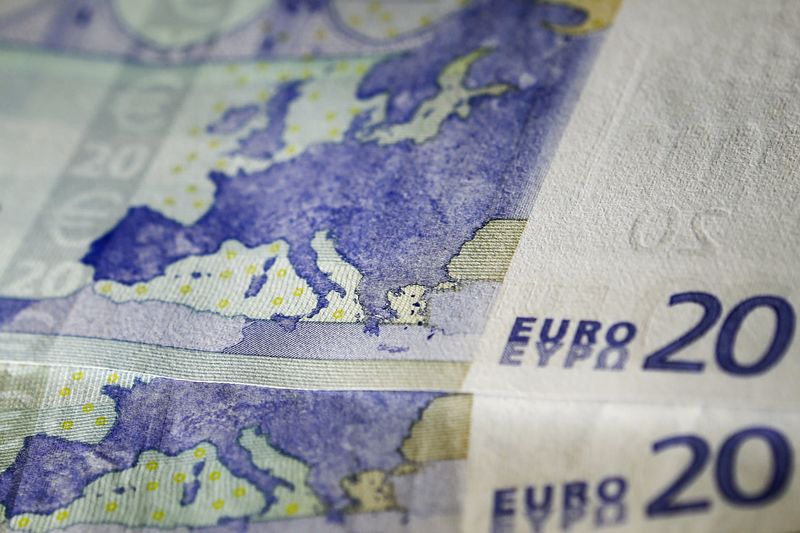Investing.com - The euro edged higher against the dollar on Wednesday, pulling back from almost seven-month lows hit during Tuesday’s session as diverging monetary policy expectations and political upheaval in Portugal weighed.
EUR/USD edged up 0.26% to 1.0752, backing away from the low of 1.0673 set on Tuesday, the weakest since April 23.
The single currency has come under heavy selling pressure in recent sessions amid mounting expectations that the European Central Bank will take further action to shore up economic and price growth in the euro zone before the years end.
In October ECB President Mario Draghi indicated that the bank could enlarge its monetary stimulus program next month to combat persistently low levels of inflation in the single currency bloc.
The greenback remained broadly stronger after last week’s strong U.S. employment report paved the way for the Federal Reserve to raise interest rates at its next meeting in December.
The unexpectedly strong report underlined the diverging monetary policy expectations between the Fed and other world central banks.
The euro’s gains were held in check as the euro zone crisis came back into focus after Portugal’s government fell late Tuesday and as Greece struggled to meet creditor’s demands.
Portugal’s government collapsed less than two weeks after taking power, after left wing opponents rejected its policy proposals in parliament amid anger over widespread austerity measures.
Meanwhile, Athens has been given one week to push through reforms on non-performing loans before it can access its next €2 billion aid tranche.
The euro pushed higher against the yen, with EUR/JPY easing up 0.14% to 132.28, off Tuesday’s lows of 131.61.
The U.S. dollar index, which measures the greenback’s strength against a trade-weighted basket of six major currencies, eased to 99.15 not far from Tuesday’s highs of 99.55, the most since April 14.
